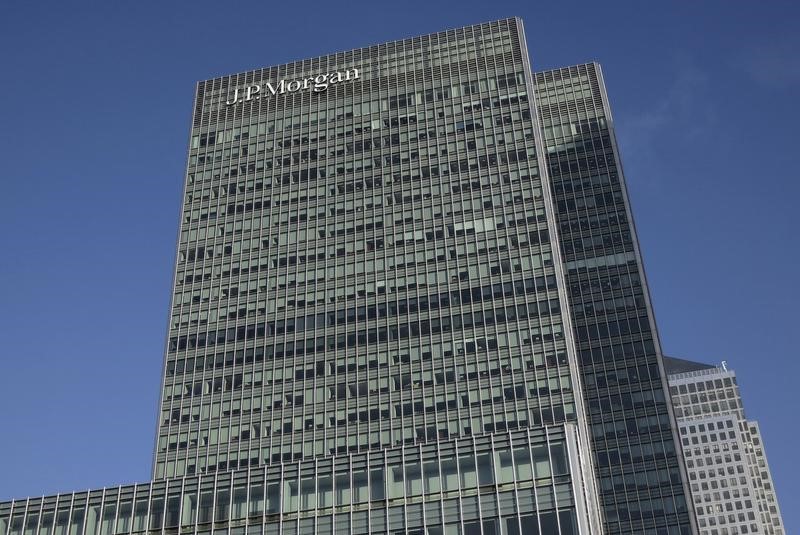Two recent Supreme Court decisions addressed problems with higher education in America. In one decision, the Supreme Court outlawed affirmative action programs that discriminate on the basis of race. A second decision rejected the Biden Administration plan to forgive about $420 billion in student loans.
Both decisions seem reasonable on legal grounds. I’d like to believe that both decisions will fix problems with our system of higher education. But I fear that in some respects they might actually make things worse.
Reason magazine reports that the Biden administration is likely to look for alternative methods of forgiving student loans, which might be even costlier:
However, under the new plan, borrowers would have a radical reduction in the amount they would be expected to pay each month. Borrowers will only pay 5 percent of their discretionary income, or redefined income above 225 percent of the federal poverty rate, with forgiveness after 10 years if the balance is less than $12,000. Further, under the plan, if a borrower’s monthly payments are insufficient to cover interest, the government will cover the rest, and his balance will not grow. . . .
As Reason‘s Robby Soave wrote last August, “In the long-term, this aggressive move toward an income-driven model of repaying college loans will probably have a bigger impact—and that impact will be catastrophic. In fact, unless the government does something to constrain colleges’ ability to set their own prices, IDR could break the entire higher education financing system and lead to skyrocketing costs for taxpayers.”
The biggest effect of the new IDR is likely to be a rapid increase in college tuition, with graduate programs most affected. While dependent undergraduates can only borrow $27,000 over four years in federal student loans, graduate students have no such cap. As a result, the new IDR will encourage many graduate programs to push their costs higher and higher—and schools will likely justify the increase to students by directing them to take out an IDR to cover exorbitant tuition.
It’s too early to say how this new plan would hold up in court.
California voters outlawed consideration of race in college admissions back in 1996. It was no great loss, as the affirmative action program was not very effective. Here’s the New York Times:
Before 1996, affirmative action in the University of California system was in ill health. Black and Latino enrollment at top schools had stalled. Applications were falling and graduation rates low. At U.C.L.A. from 1992 to 1994, Black students had a 13.5 percent four-year graduation rate, according to data compiled by Mr. Sander, the U.C.L.A. law professor.
At first, enrollment of black and Hispanic students in the University of California system dropped sharply. But over the next few decades, enrollment from those minority groups rose back up close to 1996 levels. University of California administrators found alternative methods of favoring underrepresented minority groups:
Then the ban was enacted, and the most elite campuses, Berkeley and U.C.L.A., experienced calamitous drops in Black and Latino enrollment. It took a decade for that to reverse for Latinos. Black enrollment recovered much more slowly.
In the U.C. system as a whole, trends were less dire. Latino enrollment soon doubled. Black enrollment fell and recovered. Today, Black enrollment stands at 5 percent. (Black residents make up less than 6 percent of California’s population.) The overall six-year graduation rate of Black students stands at 77 percent. White enrollment fell to 18 percent today from 35 percent in 1996.
BTW, the NYT claim that “Black residents make up less than 6 percent of California’s population” links to this study:
No race or ethnic group constitutes a majority of California’s population: 39% of Californians are Latino, 35% are white, 15% are Asian American or Pacific Islander, 5% are Black, 4% are multiracial, and fewer than 1% are Native American or Alaska Natives, according to the 2020 Census.
So if black enrollment is 5% of the UC system, and blacks make up roughly 5% of California’s population, and affirmative action is outlawed at the University of California, then why would anyone expect the recent Supreme Court decision to have a major impact on affirmative action programs in other states? Where there’s a will, there’s a way.
Some have argued that universities will respond to this Supreme Court decision by even further de-emphasizing the role of objective measures such as test scores. It’s easier to justify policies that favor underrepresented minorities if you focus on factors such as geographical diversity and life experience.
There’s a perception that the Ivy League schools are currently trying to achieve affirmative action goals at the expense of Asian rather than white students, via techniques such as sports scholarships and policies that favor the children of (mostly white) big donors and former students. It’s easier to hold down Asian enrollment if test scores are de-emphasized.
To summarize, if there’s a strong political push to forgive student loans and favor underrepresented groups, it’s not at all clear that the Supreme Court can do much about it. More broadly, I suspect that people overestimate the impact of technical changes in the law, and underestimate the effects of cultural change. Younger readers might have been taught that the 1964 Civil Rights Act ended racial apartheid in America. That’s not completely false, but I suspect that about 90% of the reduction in racial discrimination in America during the 1960s was due to changing attitudes. (In fairness, the 1964 law may have modestly contributed to those changes.) Alternatively, many southern schools continued to segregate black students even after the 1954 Supreme Court decision that outlawed the practice. It’s difficult to force social change on an unwilling populace, and it’s hard to stop change once society has decided that something is unacceptable.
I hope I’m wrong about these two cases. I hope these decisions put an end to racial discrimination in college admission, and an end to the executive branch usurping the congressional power of the purse. But I expect that things won’t change very much, and indeed might even get worse. The Supreme Court is less powerful than it seems.
















